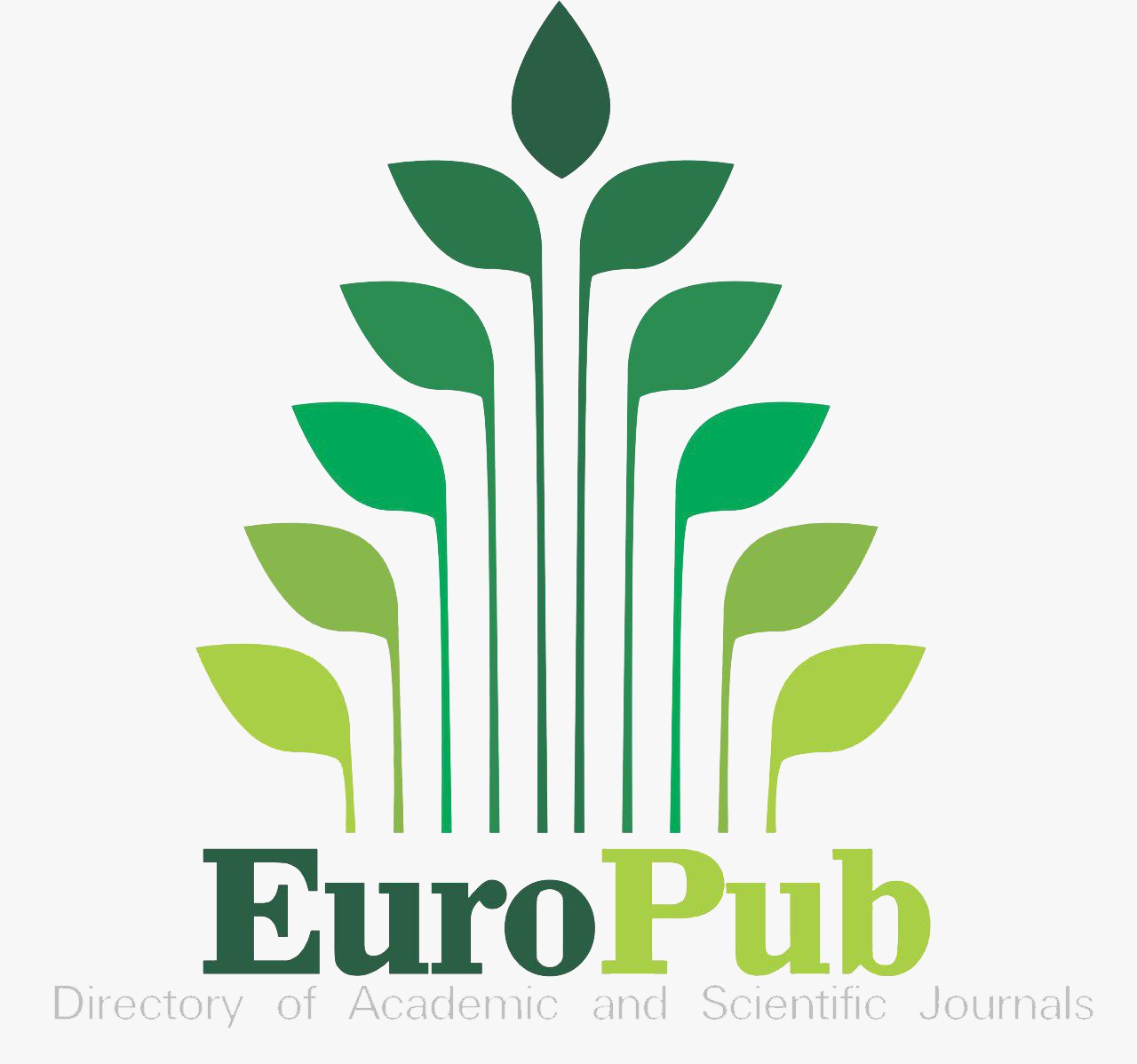IMPLEMENTATION OF NEW TECHNOLOGIES IN THE PEI OF THE PRESBYTER DANIEL JORDAN SCHOOL
DOI:
https://doi.org/10.56219/dialctica.v2i26.4702Keywords:
Strategies, information and communication technologies, education, educational quality, PEIAbstract
The general objective of the research is the design of strategies at the management level that allow the incorporation of new technologies in the educational processes of the Educational Institution Presbítero Daniel Jordán, so that they are a fundamental part of the curriculum and achieve educational improvement. The research was carried out through a positivist type paradigm, using a quantitative approach that allows the statistical and objective analysis of the results obtained, the non-experimental design was also implemented with a field modality; In the study, the description of the problem was carried out, seeking its solution, through the approach of a proposal that aims to improve educational quality through the use of the tools offered by TIC. The selected population is 173 people who are made up of students, teachers and teaching directors of the tenth and eleventh grades, from these 52 subjects were taken as a representative sample to whom a questionnaire survey was applied, in order to obtain the information necessary for the development of the study.
Downloads
References
Aguilar M., y Leiva J., (2012). La participación de las familias en las escuelas TIC: análisis y reflexiones educativas. Revista de Medios y Educación. núm. 40, 2012, pp. 7-19 Universidad de Sevilla. Sevilla, España.
Aguilar S. (2017) Estrategias Gerenciales de Calidad y Productividad: Dos Opciones para la Gerencia Educativa. Revista Scientific, vol. 2, núm. 3, 2017, febrero-, pp. 325-342 Instituto Internacional de Investigación y Desarrollo Tecnológico Educativo Venezuela DOI: https://doi.org/10.29394/scientific.issn.2542-2987.2017.2.3.18.325-342 DOI: https://doi.org/10.29394/scientific.issn.2542-2987.2017.2.3.18.325-342
Baptista, L., Fernández, C. y Hernández, R., (2006). Metodología de la Investigación. México: McGrawHill.
Bustamante, S. y Dubs, R. (2009). Investigación educativa: estrategias para la elaboración del proyecto de investigación. Catia, Venezuela: Universidad Pedagógica Experimenta Libertador, Vicerrectorado de Investigación y Posgrado.
DANE, (2022) Encuesta de Tecnologías de la Información y las Comunicaciones en Hogares – ENTIC Hogares 2021. Departamento Administrativo Nacional de Estadística. Boletín Técnico MinTIC, Bogotá.
Decreto 1860 (1994). República de Colombia. Publicado por el Diario Oficial No 41.473, del 5 de agosto de 1994. Bogotá D.C., Colombia.
Días J., Ruiz A. y Egüez C. (2021). Impacto de las TIC: desafíos y oportunidades de la Educación Superior frente al COVID-19. RCUISRAEL vol.8 no.2 Quito may./ago. 2021 https://doi.org/10.35290/rcui.v8n2.2021.448 DOI: https://doi.org/10.35290/rcui.v8n2.2021.448
Domínguez R. (2019). Diseño y validación de herramientas para la evaluación del uso de las TIC en centros de educación secundaria Andaluces. [Trabajo de titulación, Universidad de Málaga]. https://hdl.handle.net/10630/1928
Furguerle J., Pacheco J., Hernández A. y Bastidas G., (2016). Estrategias gerenciales en la educación básica y participación de madres y padres. Artículo científico online, Revista electrónica Educare disponible en: https://doi.org/10.15359/ree.20-2.
Gutiérrez, L. (1996). Paradigmas cuantitativo y cualitativo en la investigación socio-educativa: proyecciones y reflexiones. Revista Paradigma. Volumen XIV al XVII.
León K. (2021). Teorizar sobre el significado de la práctica pedagógica del docente a partir del uso didáctico de las TIC en la educación básica secundaria en Colombia. [Trabajo de titulación, Universidad Pedagógica Experimental Libertadorinstituto Pedagógicorural “Gervasio Rubio”]. https://espacio-digital.upel.edu.ve/index.php/TD/article/view/307
Ley 1341 (2009). República de Colombia. Publicado en el Diario Oficial 47426 de julio 30 de 2009. Bogotá D.C., Colombia.
Lévy, P. (1997). Inteligencia colectiva. Por una antropología del ciberespacio. París: La Découverte.
Ministerio de Educación Nacional MEN. (2016). Plan decenal de educación. Santa fe de Bogotá, Colombia: Autor
Ministerio de tecnologías de la información y las comunicaciones (2014) Tabletas para Educar 2014. Santa fe de Bogotá, Colombia: Autor
Muñoz M., Rico K., y Saavedra E. (2017). Proyecto educativo institucional. Artículo científico, Revista online Contextos: Estudios De Humanidades Y Ciencias Sociales, (19), 75-88. Disponible en: http://revistas.umce.cl/index.php/contextos/article/view/465
Rojas Y., González A., Rodríguez I, y Álvarez S. (2021) El aprendizaje y las nuevas tecnologías de la información y las comunicaciones. Educ Med Super vol.35 no.3 Ciudad de la Habana jul.-set. 2021 Epub 01-Sep-2021
Serna, H. (2006). Gerencia estratégica: Planeación y gestión - teoría y Metodología, incluye guía para el diagnóstico estratégico, Colombia, 3R editores.
Tamayo y Tamayo, M. (1997). El proceso de la investigación científica. (4°. ed.) México: Lamusa.
Downloads
Published
How to Cite
Issue
Section
License

This work is licensed under a Creative Commons Attribution-NonCommercial-ShareAlike 4.0 International License.
La revista Dialéctica conserva los derechos patrimoniales (copyright) de las obras publicadas, que favorece y permite la reutilización de los mismos bajo la licencia Creative Commons Atribución-NoComercial-CompartirIgual 4.0 , por lo cual se pueden copiar, usar, difundir, transmitir y exponer públicamente, siempre que se cite la autoría y fuente original de su publicación (revista, editorial, URL y DOI de la obra), no se usen para fines comerciales u onerosos y se mencione la existencia y especificaciones de esta licencia de uso. Si remezcla, transforma o crea a partir del material, debe distribuir su contribución bajo la misma licencia del original.












